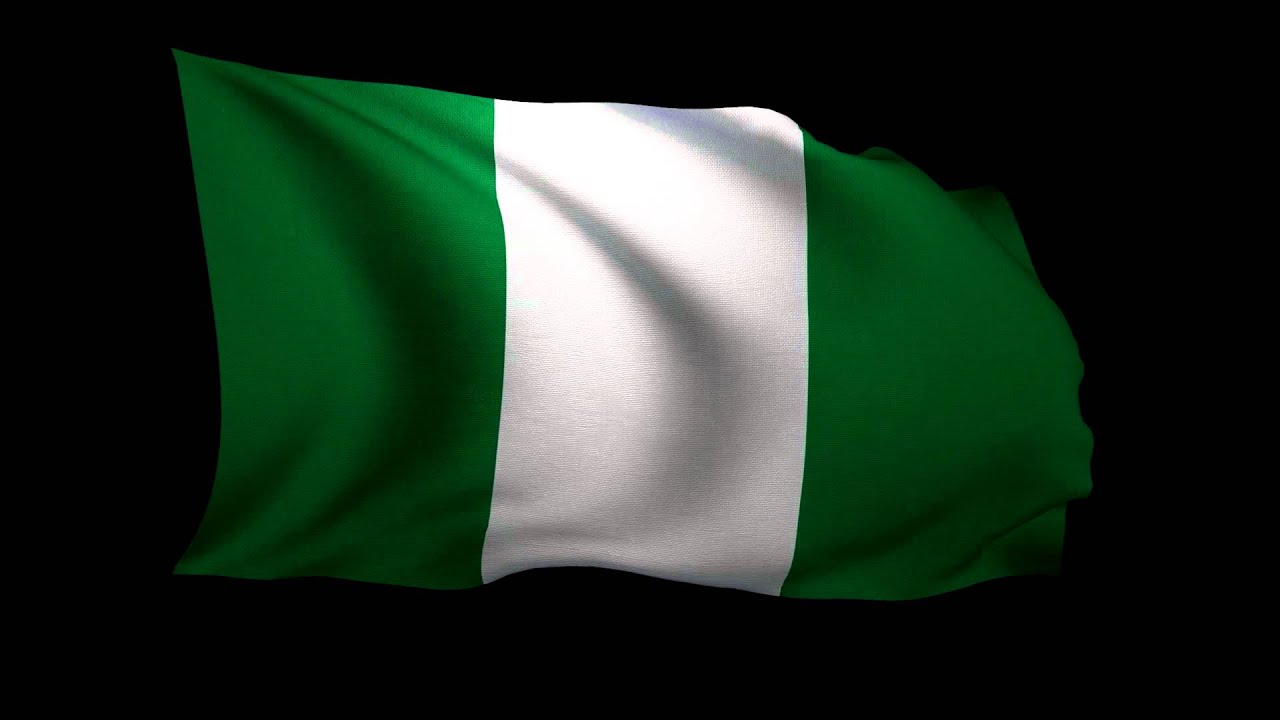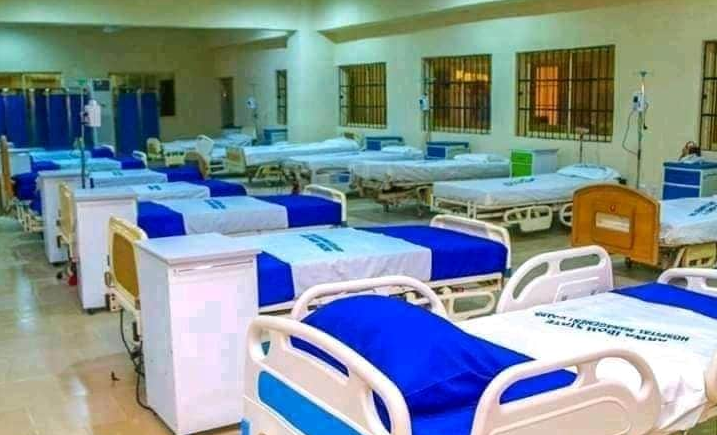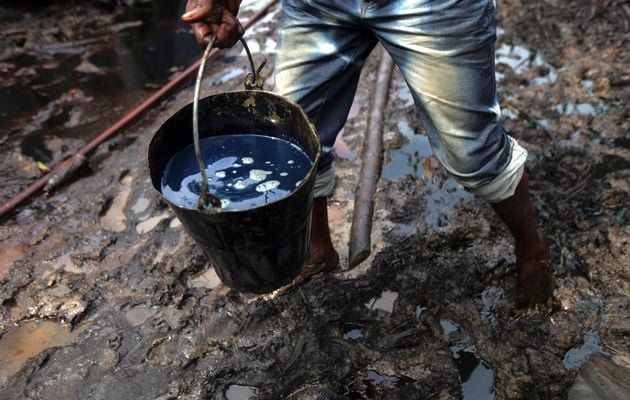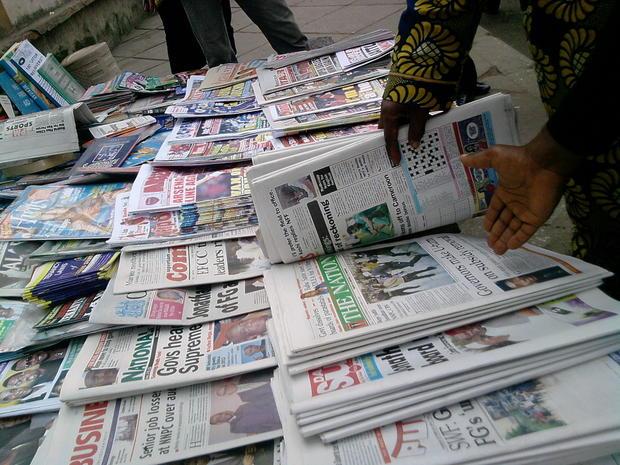BY FIYINFOLUWA TAIWO MAKINDE
Social inequality is often associated with uneven apportionment of resources within the society in a way that creates a wide margin between the poor and the rich. Nigeria’s story has not deviated much from that of extreme inequality and poverty despite its rich economic potentials, human capital and natural resources. Various political administrations have witnessed the poor becoming poorer while the rich continue recycling their wealth within the same old circle. Sadly, the National Bureau of Statistics (NBS) in 2019 revealed that four out of ten Nigerians live in extreme poverty i.e. live below $2 per day.
Yet, huge financial incentives, allowances and immunity are granted to a few elites in government. For instance, according to a report by OXFAM (https://rb.gy/eyvndz) the Nigerian lawmakers are the highest paid in Africa and the third highest paid in the world taking home over thirteen million naira home while the minimum wage remained unchanged since it was last increased to thirty thousand naira. There’s a compelling narrative for the country to sit up and see to the overall welfare of its citizens – particularly the poor informal sector.
In 2018, Nigeria ranked 157th among other countries fighting against inequality on the United Nations Development Programme – UNDP’s Human Development Index (HDI). This is unbefitting for “Africa’s largest economy.” Nigeria’s struggle with social inequality is not due to lack of resources but persistent resource misappropriation and ill-use, strengthened by corruption, poor political will and weak policies. The effect trickles down on education, healthcare, accommodation, access to credits and other sectors. Unfortunately, the political elites may find it difficult to relate with the struggles of an average Nigerian. For instance, while their children school and receive healthcare abroad, average citizens attend the schools and hospitals built by government officials. However, during the lockdown, some political elites had a taste of the healthcare system. Hopefully, it would inspire a need to rethink health care reforms and investments. The undiscriminating covid-19 pandemic also exposed the existing inequalities between the rich and the poor in Nigeria.For instance, while the rich were able to stock up food, a few of the masses were only handed meagre palliatives. Many lost their jobs and schools were closed. Speaking of schools, while private owned elementary and secondary schools leverage technology to continue teaching their students, the public schools struggled.
Advertisement
Another driver of inequality in Nigeria as identified by economic experts is regressive taxation fueled by government’s policy choices. Higher tax burdens are borne by the poor and middle-class citizens. What justification could be given for multiple taxation of small and medium scale enterprises (SMEs) at the state and local government tiers while big corporate entities enjoy tax holidays and waivers? For instance, at the state level, motorists are charged levies such as vehicle stickers, fire extinguisher fees and others which are usually cumbersome. Yet, multinationals manoeuvre loopholes in tax laws and cart away with huge profits. When this happens, the government loses revenues and tries to remedy it by reducing its commitment to essential public services or transferring tax burdens on the poorest individuals and firms.
Furthermore, with the crash in oil prices, focus is gradually shifting to non-oil revenue sources – income tax, customs and excise duties and value added tax (VAT). The Nigerian government since the 1st of February, 2020 increased the VAT (paid on purchased goods and services rendered) from 5% to 7.5% in order to grow its revenue. While it is understandable that the government needs to generate tax revenues, care must be taken to ensure that it doesn’t hamper the ease of doing business in the country. Since February, the inflation rate grew and was at 12.34% as at April 2020 according to the Central Bank of Nigeria (CBN). There’s a hike in prices of goods and services further aggravated by the pandemic, and the poor are inordinately affected. Despite bearing a huge tax burden, the informal sector and poorer companies do not receive a fair share of the public resources. At the end of the day, citizens are unable to benefit optimally from essential services such as health, education, housing and social security. Why then do citizens pay taxes?
To tackle social inequality in Nigeria, policy makers and key stakeholders must begin to recognize that inequality is cancerous with potential to metastasize into stunted economic growth, bad health outcomes, racism, increased social vices and persistent extreme poverty. Also, Nigerian government should move away from a regressive taxation system to a progressive one where the richest are taxed the highest. Policies and laws that promote and protect women’s rights should be strengthened. The nation will benefit more from providing equitable access to jobs and market opportunities for women. Besides, the judiciary system must be strengthened to effectively tackle corruption with transparency and accountability. Government budgetary allocation and release to education and healthcare should be increased. Finally, small and medium scale farmers and businesses should be supported to increase food security and alleviate youth unemployment. The battle against inequality is a long standing one, and there is no surrender until it is finally won!
Advertisement
BIO
Ms. Fiyinfoluwa (aka Tender_p) is a public health professional and development enthusiast. She holds a masters’ degree in Epidemiology from the university of Ibadan. With over five years of experience, she has worked with indigenous and international organizations where her writing skills have been honed over the years. Owing to her adeptness, versatility, she has consulted for organisations within health, energy and law. As a consultant rapporteur, she offers training (for aspiring rapporteurs) and has written technical reports of conferences, workshops and training for diverse organisations/associations (Examples include the Nigerian Bar Association Section on Business Law (12th and 13th NBA-SBL annual conferences), Energy Institute of Nigeria (2nd Energy sustainability conference), GEIL, NNRC, WRANigeria and so on).
Fiyinfoluwa also provides freelance writing services as a content creation expert for individuals. She is a member of Femm writers (a hub for freelance writers to serve and earn) and The African Writers (TAW). Besides, she explores her creativity through poems and short stories (check @fiyinfoluwa_tender_p on IG), training and teaching. She is a mentor and is passionate about helping youths discover and fully harness their potentials for self-actualization, sustainability and service to humanity.
Advertisement
Views expressed by contributors are strictly personal and not of TheCable.
Add a comment






